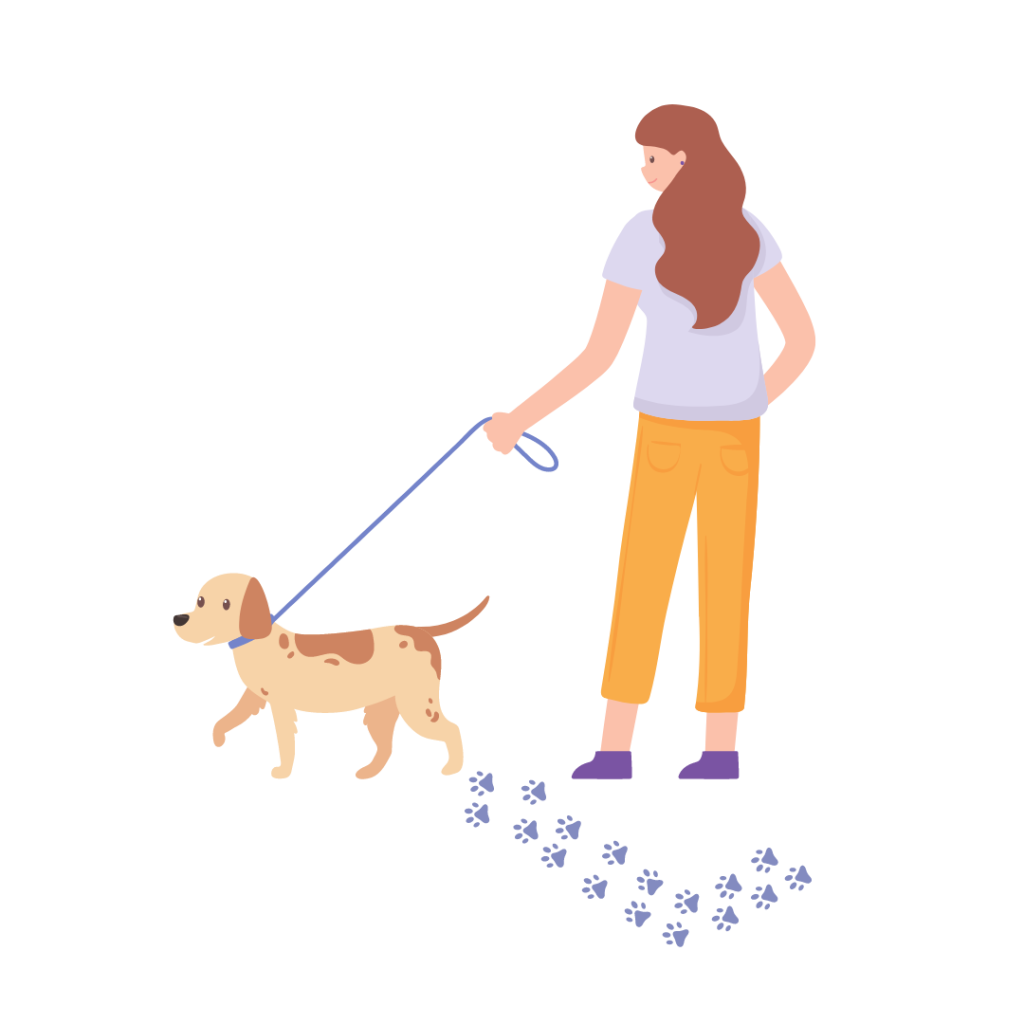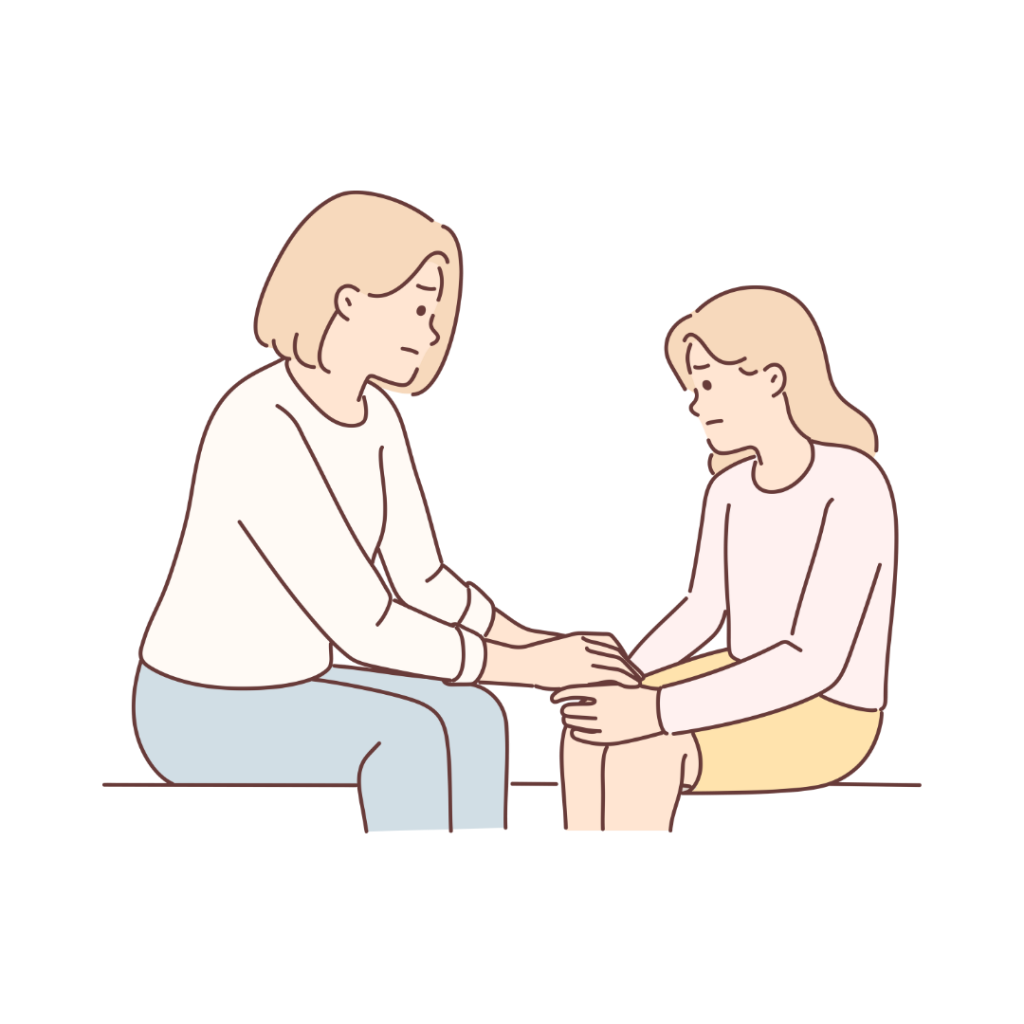We all experience stress at some point in our lives. Whether it’s school, relationships, family, or the pressure of making big decisions, stress can sneak up on you when you least expect it. The important thing to remember is that stress is a natural part of life, and learning how to cope with it is a skill we can all develop.
Feeling Overwhelmed by Stress During the HSC
I’ll never forget when I truly felt overwhelmed by stress. It was during my HSC Trial exams, a particularly hectic time at school. My legal studies trial exam was coming up, and I had prepared everything—practice essay responses, course notes—all neatly saved on my computer, ready for any exam questions coming up.
Three days before my legal studies trial, just after finishing an English exam, I planned to start reviewing.
That night, my brother reformatted the computer, without backing anything up. WITHOUT. BACKING. UP…
I kept telling myself it would be fine. People’s dogs eat their homework all the time, right? But soon, anxiety crept in. I felt exhausted, upset, and not at all like myself. The stress felt like an unbearable weight – overthinking and racing thoughts got the best of me. That night, I broke down and cried myself to sleep.

How I Began to Cope with Stress
Stress can show up in many ways. You might feel it physically—like headaches, stomach aches, or feeling exhausted. It can also mess with your emotions, making you feel more irritable, anxious, or sadder than usual. Some people even find themselves zoning out, avoiding responsibilities, or struggling to concentrate.
For me, the first step I took toward managing my stress was recognising I was stressed and acknowledging that I was feeling it. Pretending it wasn’t there only made it worse.
I also started exploring different ways to deal with it going forward—and here’s what has and continues to help me:
1. Talking About It

I confided in close friends about what I was going through.
It’s surprising how much of a difference talking about it makes. Sometimes, just saying the words out loud can help lift the weight.
And, you can also realise that you’re not alone; other people can feel the same way at some point, and they are also there as support.
Assurance from family and friends also helped me with regaining motivation so I could persist.
2. Prioritising My Tasks

The task of recreating all my study notes for my legal studies exam I was facing felt impossible, so I learned to break it down into smaller, manageable tasks.
You can start making a list and prioritising the most important things. This way, you can focus on one thing at a time instead of feeling overwhelmed by everything all at once.
3. Taking Breaks

I quickly realised that trying to push through without resting was only making things worse.
You can schedule breaks during study sessions to clear your mind. Sometimes, all it takes is a 10-minute walk, stretching, or just listening to music to reset and recharge.
4. Practicing Self-Care

I took short self-care breaks and walked my dog.
When we’re stressed, we sometimes forget to make time for self-care, but doing what makes you happy can help relieve stress and be a reminder of things that bring joy and that there is a light at the end of the tunnel.
5. Get Help When You Need It

Though I lacked time in my situation, there was support (aside from family and friends) that I could have turned to, such as from teachers or school counsellors.
Trusted adults, counsellors or even professionals can help you develop strategies for managing stress and give tips on how to cope with stress when you’re experiencing tough times.
What I Learned from Stress
Looking back, my experience with stress taught me that it’s okay not to have everything figured out.
Stress is a signal that something in your life needs attention, and it’s important to listen to what your mind and body are telling you. The more you learn to recognise, acknowledge and cope with stress, the easier it becomes to handle challenges as they come.
Remember, stress doesn’t have to take over your life – you can regain control and feel more balanced by building healthy coping strategies.
In the end, my legal studies trial went okay. Because I had to recreate all my study notes from scratch in just under three days, I ended up knowing the material better than ever. But even now, on bad days, the memory can still haunt my nightmares, and I have to remind myself how to best cope with stressful situations.
Need help or someone to talk to?
If you ever feel like stress is too much, reach out for support—it’s a sign of strength, not weakness. You don’t have to go through it alone. And, most importantly, be kind to yourself. Life can be challenging, but with time, patience, and the right tools, you’ll learn how to manage stress and keep moving forward.
Kids Helpline provides free 24/7 confidential, counselling support. Call 1800 55 1800 if you need to talk and get help.
2Connect Youth & Community deliver accessible support to young people (aged 12-18) and parents/family members who live, work, or study in the Bayside and Georges River Council areas. You can also reach out to our Youth & Family Team on (02) 9556 1769 if you or someone you know needs support.
Resources
We have partnered with Georges River Council, 3Bridges, headspace Hurstville, GRC Libraries, Bayside Libraries and South Eastern Sydney Local Health District to deliver @hscrescue:
You can also see and download our 8 Tips For Managing Stress & 5 Minute Stress Less Exercise poster here:
This blog is part of 2Connect Youth & Community’s ‘My First’ educational series, aimed at empowering young people as they navigate life’s early challenges. Our Youth Workers and Youth Leaders’ insights and advice can provide valuable tips for young people and their families as they deal with new changes and obstacles in school and life. Stay tuned for more!

